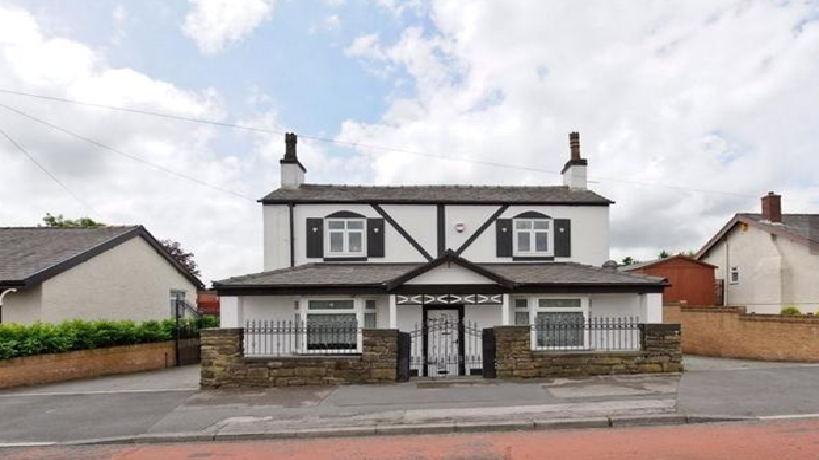 Uncategorized
Uncategorized
Selling your home is easier than you think. It’s a relatively simple process and exchange and completion should happen generally quickly. Anything longer than eight weeks to complete is a really long time and you might consider finding an alternative conveyancer; it’s worth pointing out that property transactions can be complex and the more complex a transaction is, the longer it may take. The 8-week guideline should only be applied to simple transactions; our properties generally complete in as little as four weeks.
Establishing Your Property’s Value
Start by choosing three agents to value your property. An agent’s valuation should be supported by details of other properties recently sold in the same area.
A helpful insight is to also view a selection of similar properties currently for sale that compete with you. By evaluating this information and in addition, analysing selling times, the agents should be able to give you a credible and accurate valuation.
Viewings
You’ve chosen your estate agent, decided on your price and now it’s time for viewings. Presenting your property in the best possible light is essential and an area where you’ll have to be proactive. It’s vital that your home is clean, tidy and even smells nice. It’s a person’s natural senses that will heavily influence their decision to buy, so play to it. Your agent should give you clear and proven advice on how to present your property in the best possible light – also known as ‘staging’. It is through viewing the property that we can really sell the property and maximise it’s value.
Making an offer
Viewings will lead to offers and your estate agent should be able to break them down into detail.
Knowing your potential buyers’ circumstances is hugely beneficial in making an informed decision.
Your agent should be able to report to you, what a buyer’s mortgage status is, whether they are in a chain, and whether surveys have been undertaken for other properties within that chain and the associated estate agents. Additional information such as the source of a buyer’s mortgage and establishing how many properties in the chain have been sold is also of vital importance. Your agent can then use solid experience to advise on what is realistically the best offer.
Signing a contract
Once all parties in the chain have received their mortgage offers and all solicitor’s questions have been answered, you would normally be asked to visit your solicitor to sign the contract. It’s at this point that you should check whether there is any extra deposit you need to put into your solicitor’s fund about the property you may be buying. Although wise to do all of this in person, it is acceptable to do this through the post.
Exchanging contracts
All parties in the chain have now lodged their deposits and signed contracts and this is the stage at which the contracts can be exchanged. The act of signing your contract and returning it to your solicitors does not commit you to an exchange of contracts; that only happens when your solicitor dispatches your signed contract to the other party’s solicitor. It is also at this point that you will want to make a note of your new property’s utility readings and alarm codes.
Approaching Completion
Completion is approximately one week after the exchange. The timescales are negotiable and have to be agreed by all parties at the point of exchange. Completion times can vary, 14 days is common, 21 days is not unusual but a more lengthy delay than 21 days can be negotiated, but is rare.
Completion Date
On the completion date, keys are handed over when monies are received by each solicitor in the chain via their banks. So the first property in the chain may complete at 11 am; that money is transferred up to the next property in the chain which completes at noon and so it goes on until the chain is complete. Your agent will inform you in advance of the correct times and procedures in handing over the keys.
Congratulations!
Remember, a good estate agent is there to make this whole process run as smoothly as possible. There’s no such thing as a stupid question and you must be made aware of progress as and when it takes place. The only remaining step is for your conveyance to file paperwork with the land registry and for you to receive your updated title deeds but at this point, you are now the legal owner of the property and can do with it as you please, subject to legislation and covenants, of course!

